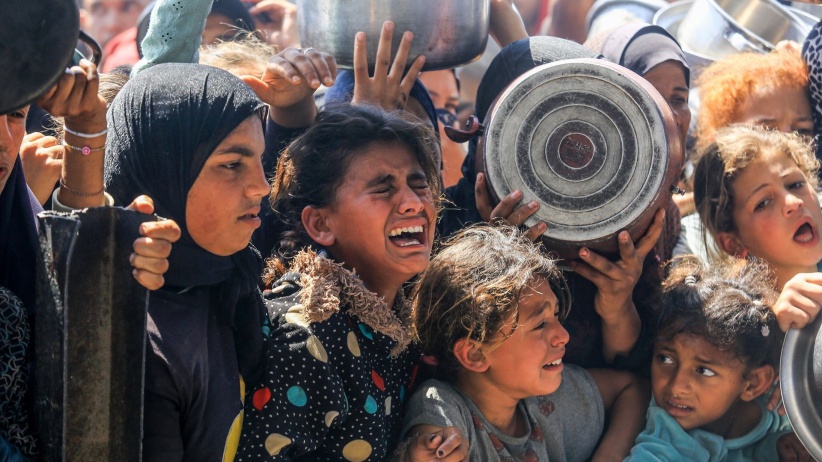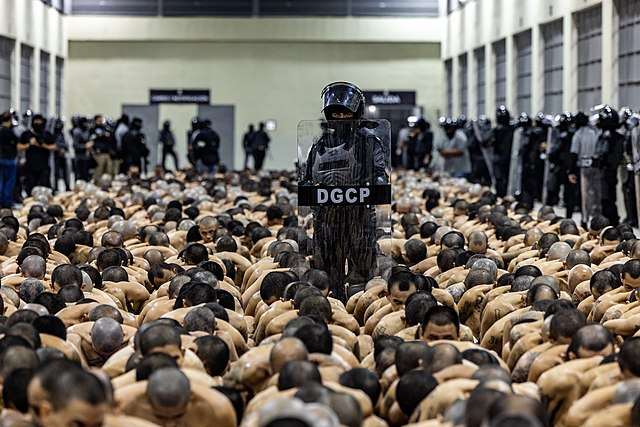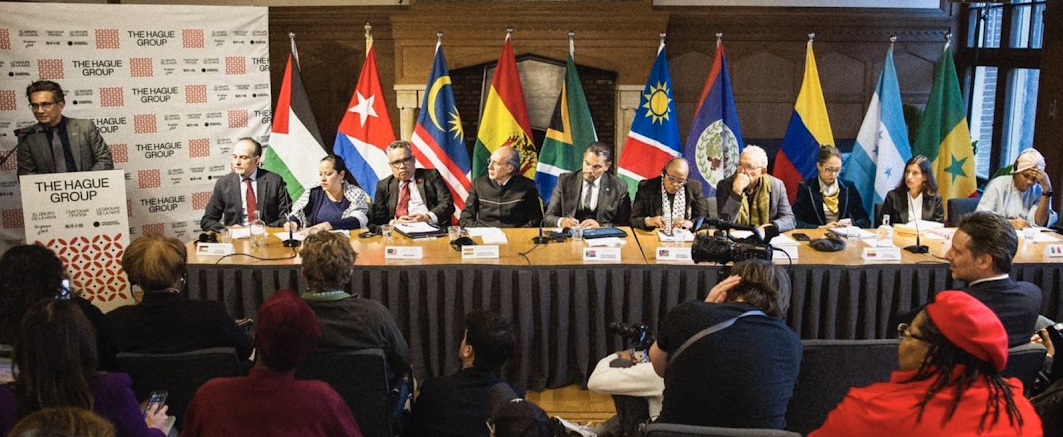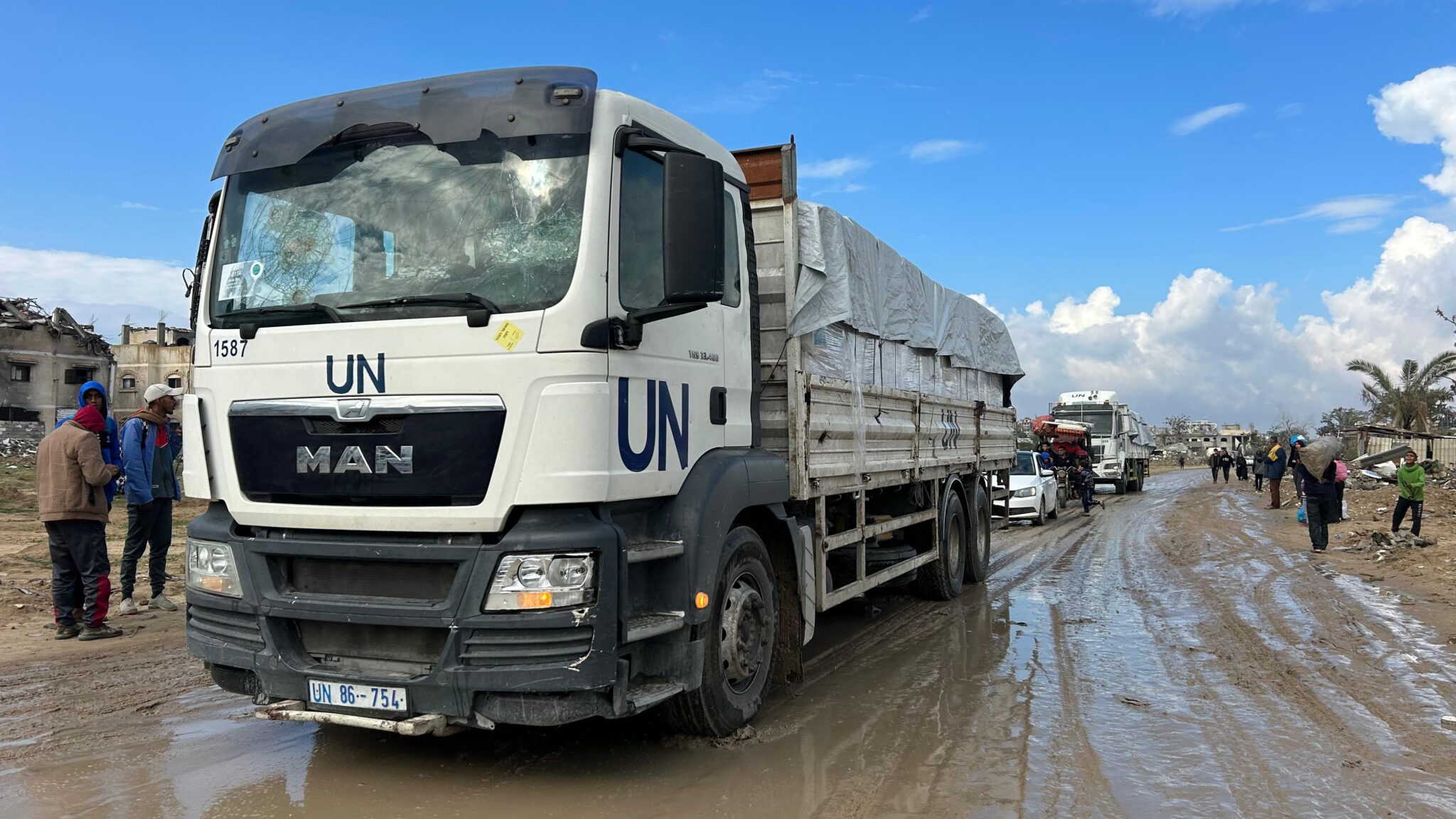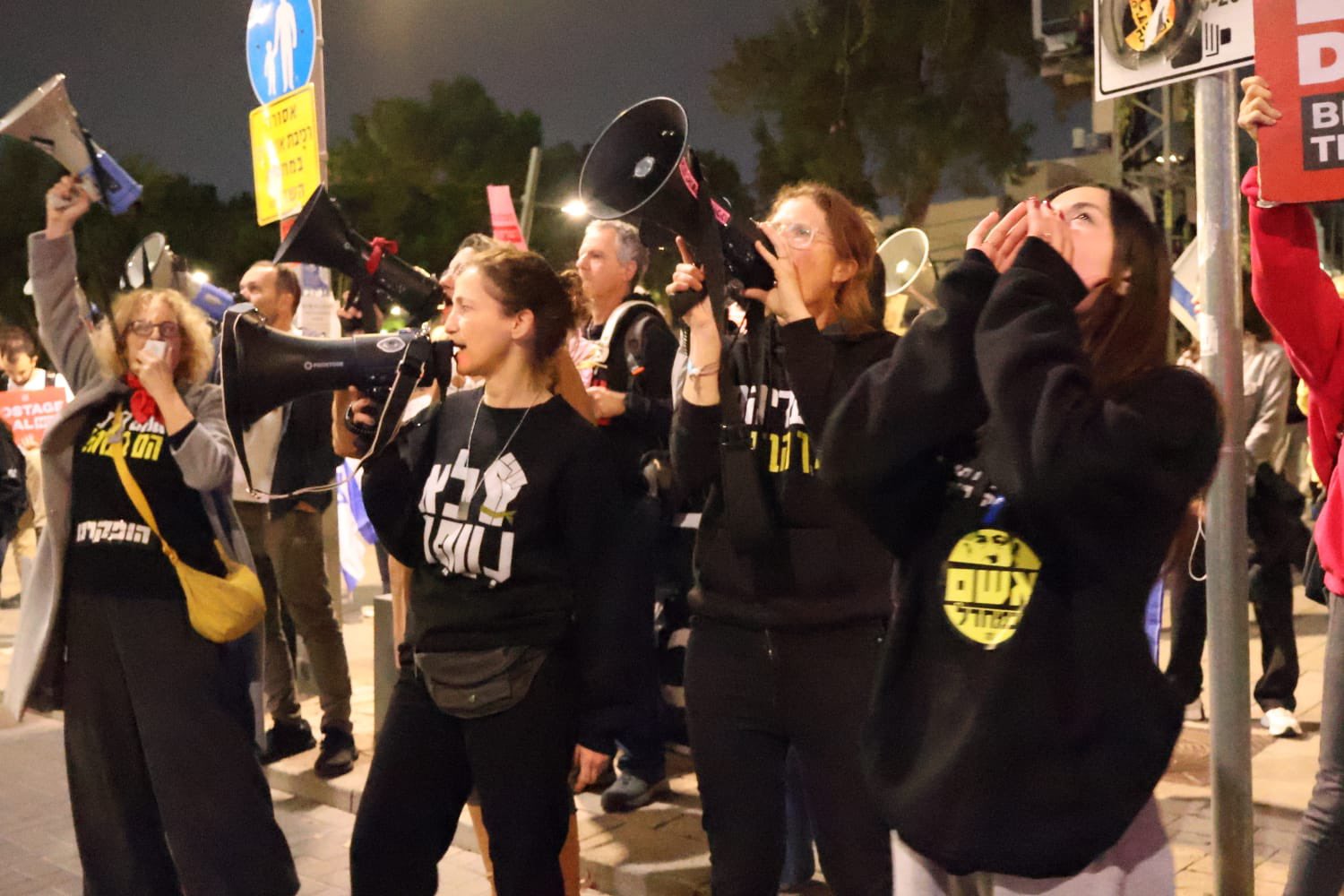
Israeli cabinet approves ‘conquest’ of Gaza
The Israeli government unveiled a new military plan for the Gaza Strip, an operation forebodingly dubbed “Gideon’s Chariots” after an Old Testament conqueror. Approved unanimously by the security cabinet, the plan calls for the “conquering of Gaza” and retaining the territory indefinitely, an official said. The plan also includes concentrating the Palestinian civilian population in a “sterile area” in the south of the Strip. The official said Israel will give Hamas until the end of US President Donald Trump’s upcoming trip to the Middle East to agree to a hostage deal. Otherwise, “Operation Gideon’s Chariots will begin with great force and will not end until all its objectives are achieved.” The military is already calling up tens of thousands of reservists in preparation for the new operation. (Photo: Jaber Jehad Badwan via Wikimedia Commons)



